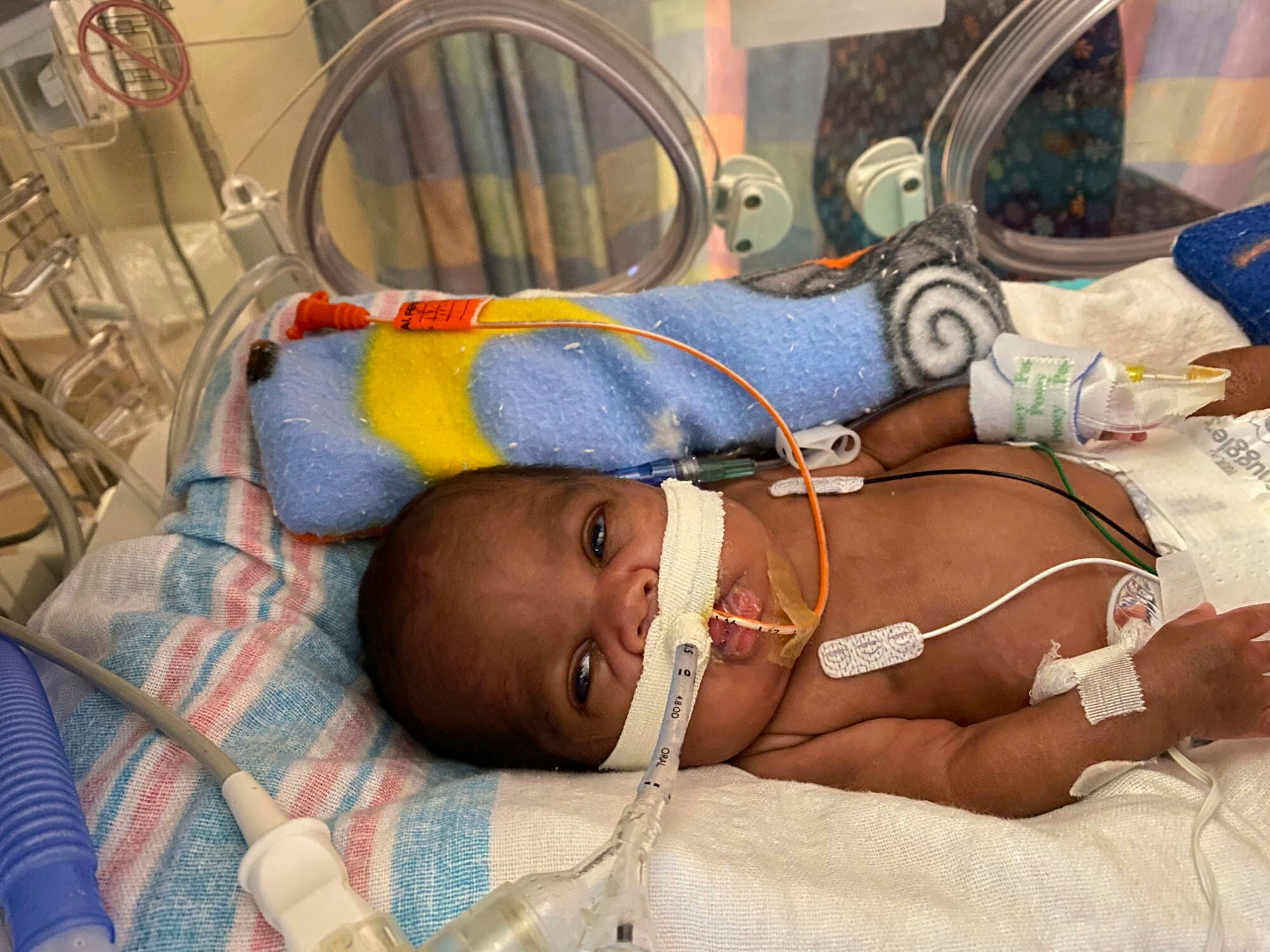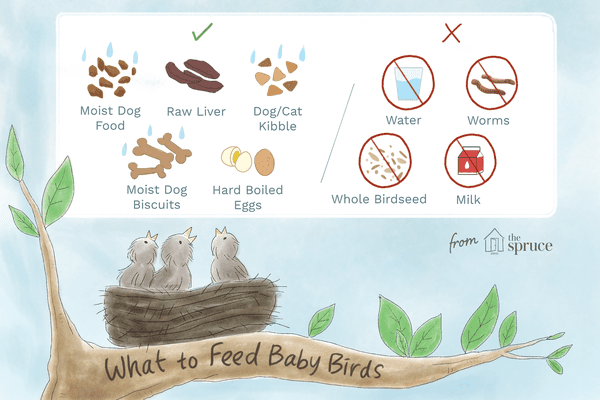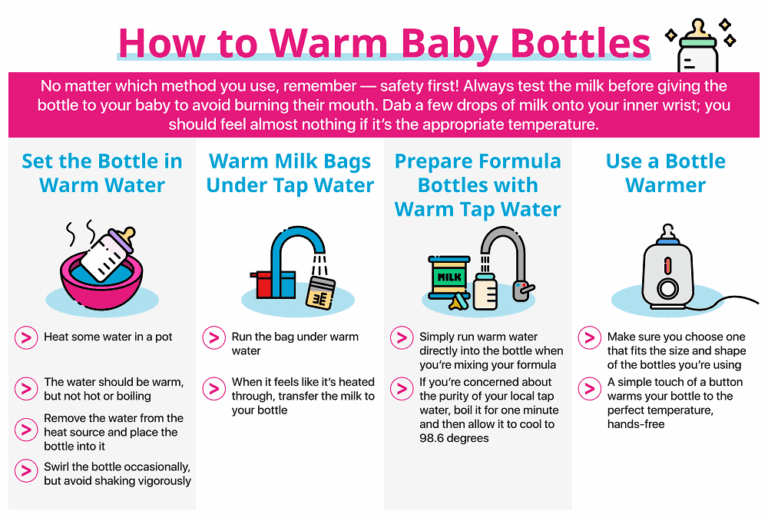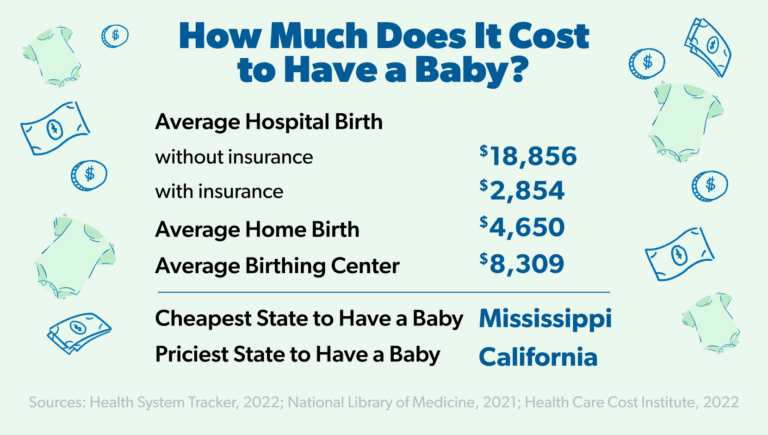What Is The Earliest A Baby Can Be Born
Are you curious about the earliest possible time a baby can be born? This article will delve into this fascinating topic, providing you with all the essential information you need to know. From the science behind premature births to the risks involved, we will cover it all. So, let’s dive in and explore the world of early births.
Knowledge
When it comes to the earliest a baby can be born, it is important to understand the concept of gestational age. Gestational age refers to the number of weeks a baby has been in the womb since conception. A full-term pregnancy typically lasts around 40 weeks, but babies can be born as early as 37 weeks and still be considered full-term. However, babies born before 37 weeks are considered premature.
Premature birth, also known as preterm birth, can occur for various reasons. Some of the most common causes of premature birth include infections, multiple pregnancies, chronic conditions such as diabetes or high blood pressure, and lifestyle factors such as smoking or drug use. In some cases, the exact cause of premature birth may not be known.
It is essential to note that babies born prematurely may face a range of health challenges. These can include respiratory problems, feeding difficulties, jaundice, and an increased risk of infections. In some cases, premature babies may require specialized care in a neonatal intensive care unit (NICU) to help them thrive and grow.
Healthcare providers use a variety of tools and techniques to determine the gestational age of a baby and assess their readiness for birth. These can include ultrasound scans, physical examinations, and monitoring the baby’s movements and heart rate. By closely monitoring the baby’s development, healthcare providers can determine the best course of action to support a healthy birth.
While premature birth can present challenges, it is important to remember that many premature babies go on to lead healthy, fulfilling lives. Advances in medical technology and neonatal care have greatly improved the outcomes for premature babies, giving them the best possible chance of thriving.
Conclusion
In conclusion, understanding the earliest a baby can be born is essential for expectant parents and healthcare providers alike. By being aware of the risks and challenges associated with premature birth, individuals can take steps to minimize these risks and support a healthy pregnancy. Ultimately, the goal is to ensure the best possible outcomes for both mother and baby.
For expectant parents, it is crucial to attend regular prenatal appointments, follow a healthy lifestyle, and seek medical attention if any concerns arise. By working closely with healthcare providers, parents can help ensure a safe and successful pregnancy.
Overall, the topic of the earliest a baby can be born is a complex and important one. By staying informed and proactive, individuals can navigate the challenges of premature birth and support the health and well-being of both mother and baby.






